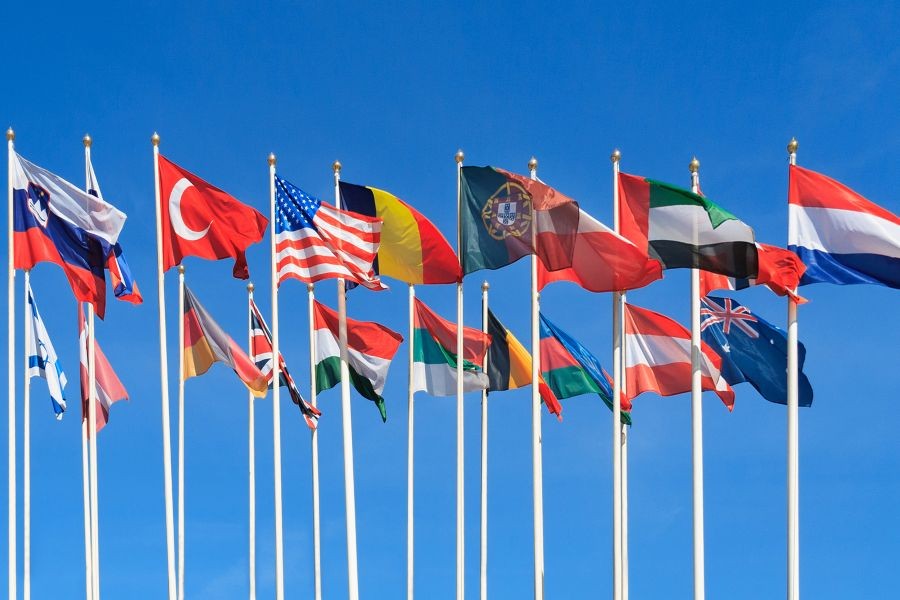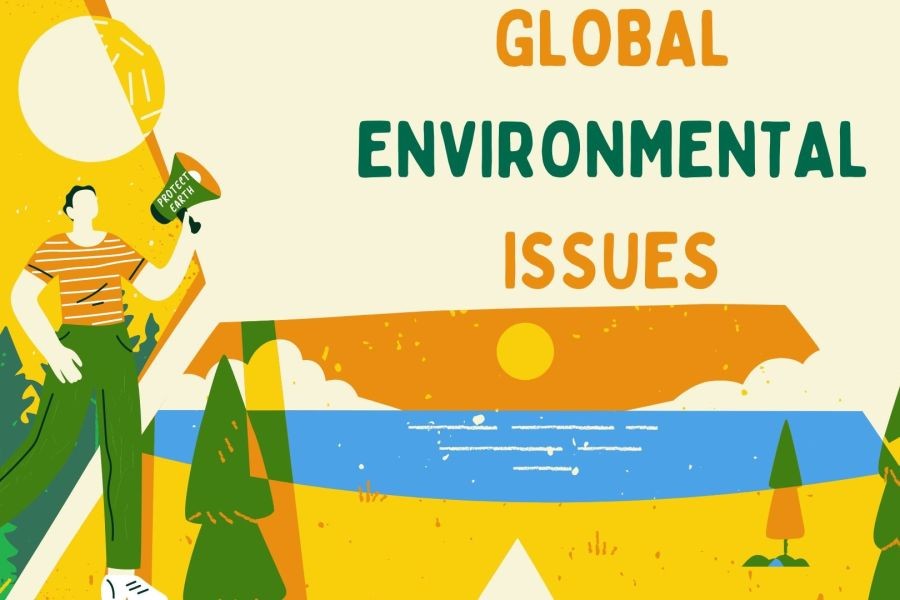The integration of Artificial Intelligence (AI) in recruitment processes has been hailed as a revolutionary step towards greater efficiency and objectivity. However, beneath this veneer of technological advancement lies a darker reality: AI can unintentionally perpetuate and even exacerbate discrimination. This article explores the hidden biases within AI-driven recruitment systems, with a particular focus on the Australian context.
The Rise of AI in Recruitment
AI technologies have rapidly infiltrated recruitment processes globally, offering automated solutions for screening resumes, conducting initial interviews, and even predicting candidate success. In Australia, where the workforce is diverse and the economy is dynamic, AI promises efficiency in handling large volumes of applications, especially in sectors like technology and finance. According to the Australian Bureau of Statistics (ABS), the Australian labor market is increasingly competitive, with AI tools being adopted to streamline hiring processes.
Case Study: AI Bias in Recruitment
Consider a real-world example of a tech company in Sydney that implemented AI to improve its recruitment process. This company's objective was to reduce human bias and increase hiring efficiency. However, an internal audit later revealed that the AI system disproportionately favored male candidates over female ones, particularly in technical roles. The system had been trained on historical hiring data that mirrored existing gender biases, thus perpetuating them. This case underscores the importance of critically evaluating AI tools and ensuring they are free from historical biases.
Understanding AI Bias
AI bias in recruitment often stems from the data used to train these systems. If the training data reflects societal biases, such as gender or racial inequalities, the AI system may inadvertently learn and replicate these biases. For instance, if historical data shows a preference for candidates from prestigious universities, the AI may unduly favor such candidates, sidelining equally competent individuals from other educational backgrounds.
Comparative Analysis: Global vs. Australian Trends
Globally, AI in recruitment has been both celebrated and criticized. In countries like the United States, where diversity is a significant focus, AI systems have faced scrutiny for failing to meet diversity goals. In Australia, the situation is similar. A report by the Australian Human Rights Commission highlights concerns regarding AI's potential to discriminate against marginalized groups in the workplace. The Australian Competition & Consumer Commission (ACCC) has also been active in monitoring AI applications to ensure they do not breach anti-discrimination laws.
Pros and Cons of AI in Recruitment
Pros:
- Efficiency: AI can process large volumes of applications quickly, saving time and resources.
- Consistency: AI provides a standard assessment, reducing individual recruiter biases.
- Predictive Analytics: AI can offer insights into candidate success probabilities, aiding decision-making.
Cons:
- Bias Amplification: AI can perpetuate existing biases if trained on biased data.
- Lack of Transparency: AI algorithms can be opaque, making it difficult to understand decision-making processes.
- Data Privacy Concerns: The use of personal data in AI recruitment raises privacy issues.
Regulatory Insights and Ethical Concerns
In Australia, regulatory bodies like the ACCC and the Australian Human Rights Commission are increasingly focused on ensuring AI systems comply with anti-discrimination laws. The ACCC's Digital Platforms Inquiry highlights the need for transparency and accountability in AI applications. Furthermore, the Australian government is considering frameworks to ensure ethical AI use, emphasizing the protection of individual rights and promoting fairness.
Myths vs. Reality
- Myth: AI eliminates all biases in recruitment.
- Reality: AI can inadvertently perpetuate biases if not carefully managed and audited.
- Myth: AI recruitment systems are fully transparent.
- Reality: Many AI systems are "black boxes," with decision-making processes that are not easily understood.
Future Trends and Predictions
Looking ahead, the role of AI in recruitment is set to evolve further. The Australian government and industry leaders are likely to push for more robust frameworks ensuring ethical AI use. By 2030, it is anticipated that AI systems will be more transparent and accountable, with a stronger focus on fairness and diversity. The integration of AI with human oversight will become crucial in mitigating biases and ensuring equitable employment practices.
Conclusion: The Path Forward
AI in recruitment offers significant advantages, but it also poses substantial challenges, particularly around bias and discrimination. For Australian businesses, the key lies in balancing technological adoption with ethical considerations. Businesses should implement regular audits and bias checks, ensuring their AI systems align with diversity and inclusion goals. As AI continues to shape the recruitment landscape, a collaborative approach involving regulators, businesses, and technology developers will be essential.
What strategies have you found effective in mitigating AI bias in recruitment? Share your insights and experiences below!
People Also Ask
- How does AI impact recruitment in Australia?AI enhances efficiency in recruitment, but it can also perpetuate biases if not managed properly. Industry leaders advocate for transparency and ethical use to ensure fair recruitment practices.
- What are the biggest misconceptions about AI in recruitment?A common myth is that AI completely removes bias. In reality, AI can replicate biases if trained on biased data, highlighting the need for careful management and auditing.
- What upcoming changes in Australia could affect AI recruitment?By 2026, regulatory updates may require AI systems to be more transparent and accountable, ensuring they align with anti-discrimination laws and promote diversity.
Related Search Queries
- AI recruitment bias Australia
- Ethical AI in hiring
- AI discrimination in recruitment
- AI recruitment tools Australia
- Regulations on AI recruitment
- AI hiring trends 2025
- Bias in AI algorithms
- Future of AI in recruitment































